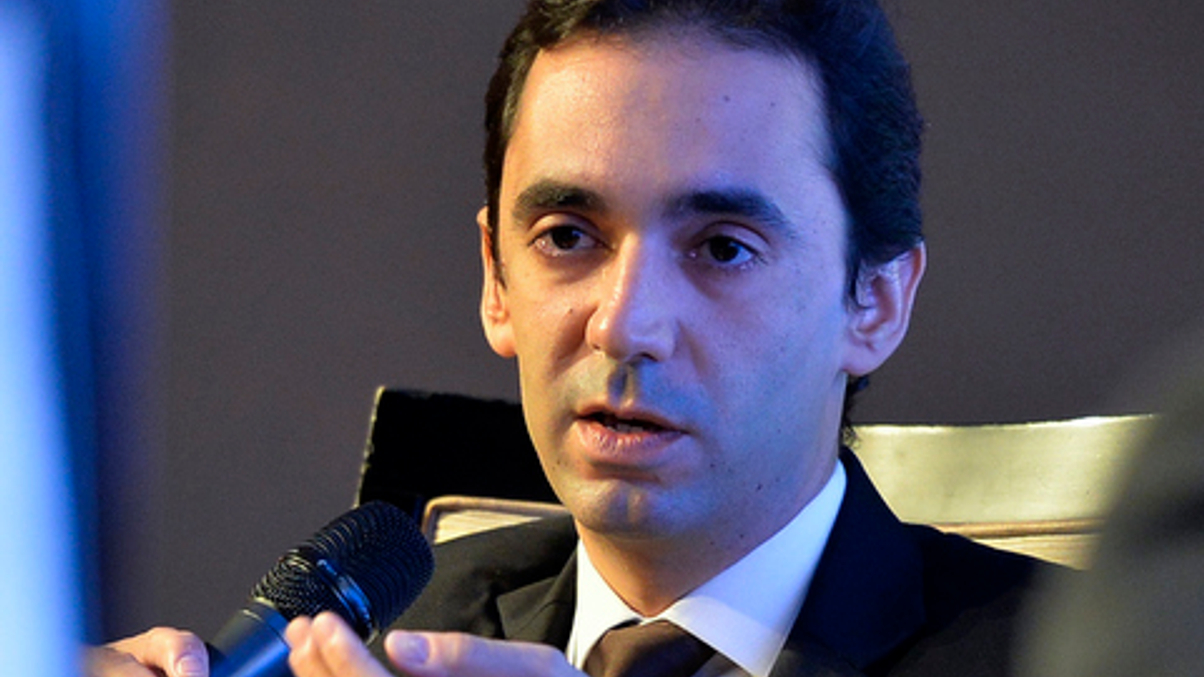Private banks “should not be centrepiece” for Asia’s wealthy
Asian families are realising the value of having an independent organisation looking after their wealth, said the CIO of a Singapore single-family office at an AsianInvestor forum.

Private banks are important for wealthy Asians, but they should not be the “centrepiece” when it comes to looking after their money, argued Karim Mrani-Alaoui, chief investment officer at a Singapore-based single-family office.
Sign in to read on!
Registered users get 2 free articles in 30 days.
Subscribers have full unlimited access to AsianInvestor
Not signed up? New users get 2 free articles per month, plus a 7-day unlimited free trial.
¬ Haymarket Media Limited. All rights reserved.


